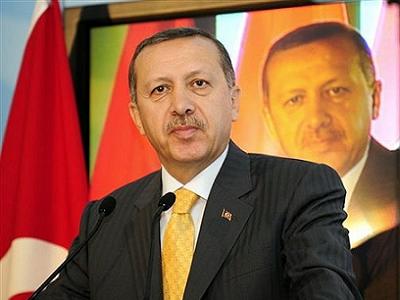
By Julie Webb-Pullman
Turkish Prime Minister Recep Tayyip Erdogan might now be pondering on his own advice to Syrian President Bashar Assad, to listen to his people, before he finds himself and his government similarly beset.
There are three main issues here – the short-sighted sacrifice of one of the few green public spaces in Istanbul to private enterprise, the use of the state apparatus to repress legitimate protest by the use of excessively disproportionate force, and the certain loss of government legitimacy through the loss of popular support, and confidence.
Gezi Park
In a world facing ecological disaster caused by the irresponsible abuse and degradation of the environment by corporate interests, in communities facing social disaster caused by the irresponsible destruction of the social fabric by ill-conceived town-planning that places profits before the needs of current and future generations, there is little the ordinary citizen can do to defend what few leaves remain to cover them BUT protest, and occupy the public spaces which, by definition, belong to THEM, the public.
This park in the middle of Istanbul may not completely suffice as the lungs of the city, but it is one of the few that serve as such, and its loss will be significant, both ecologically and socially.
Prime Minister Erdogan has the opportunity to demonstrate his environmentally- and socially-friendly credentials as a president with a commitment not only to today’s citizens, but also to those of the future. He could begin by ensuring policies such as the mall construction have had a rigorous environmental impact report – which includes social AND ecological impact – and by listening to the people affected, through consultative processes.
Use of Force
The use of state force to respond to popular protests against a government policy, especially given events in the region over the last two years, is little short of suicidal. If there is one lesson to be learnt from the so-called Arab Spring, it is that such a response usually has only two outcomes for a government – rule by force not favour, or falling.
While it is commendable that Erdogan has pledged to investigate the use of excessive force, the question must be asked – why use force at all? Surely consultation, rather than repression, has more potential for an outcome acceptable to all? Witness the governance style of Hugo Chavez, who put all contentious policies to public referendum – cumbersome, perhaps, but a recipe that produced constructive social participation rather than protest.
Legitimacy
Again, given events in the region in the last two years, it is incomprehensible that any government that wishes to remain in power with the support and confidence of the people would respond to an incident such as the park protests in such an oppressive fashion.
As the escalation shows, it takes little to ignite an uprising from a relatively minor incident, particularly when there are undoubtedly many outside of Turkey who would like nothing more than to see Erdogan and his government fall, and who will be doing their best to capitalise on these protests for their own agendas, as is unfolding in Syria.
There is a vast difference between maintaining public order and repression, between a peaceful protest and a violent unruly mob. A statesman can tell the difference, and knows when force is needed and how much – a politician doesn’t much care.
Erdogan must decide which he will be – a statesman with the best interests of his country at heart, or a politician with an eye only for electoral success.
– Julie Webb-Pullman is a New Zealand activist and writer currently based in Gaza. She has written on social and political justice issues for New Zealand Independent News website SCOOP since 2003, as well as for websites in Australia, Canada, the US, and Latin America, and participated in several human rights observation missions. She contributed this article to PalestineChronicle.com.






Freedom is about expression of beliefs, religion, politics,art, literature and the ability to question those in authority, without fear of retribution. When these tenets fail, society is doomed. (all that is required for evil to flourish, is that good men do nothing).